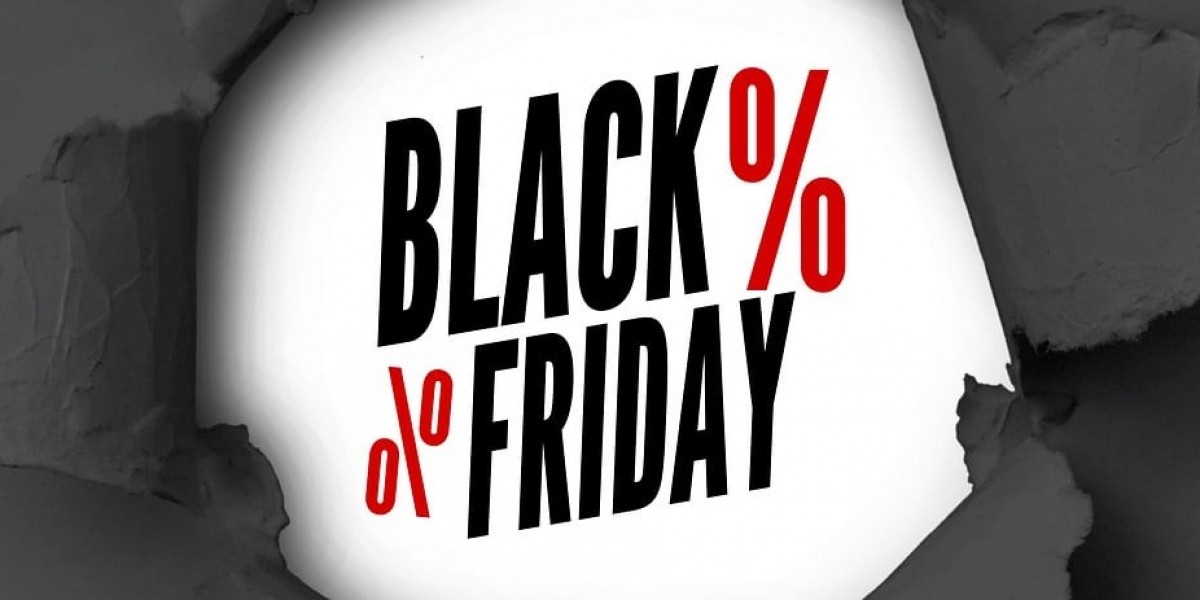The History of Black Friday Sales
Black Friday is instantly recognizable worldwide as a day filled with discounts and sales. Traditionally celebrated on the day after Thanksgiving, it heralds the beginning of the Christmas shopping season. But how did this day come to be?
Origins
The exact origins of Black Friday are difficult to pinpoint. The phrase ‘Black Friday’ was first associated with the financial crisis, notably the crash of the U.S. gold market on September 24, 1869. However, the term was later used to describe the post-Thanksgiving shopping spree in a more positive light.
The first recorded use of ‘Black Friday’ to describe the day after Thanksgiving was actually linked to sick workers. In the 1950s, many workers began calling in sick the day after Thanksgiving, effectively giving themselves a four-day weekend, which increased store traffic significantly as people started their holiday shopping. This led to retailers capitalizing on the extra business by offering huge discounts.
Spread of the Phenomenon
By the late 1980s, ‘Black Friday’ had become a nationwide phenomenon. Retailers redefined the term to reflect their successful sales records, as the ‘black’ in Black Friday was intended to represent businesses moving from ‘in the red’ (indicating a loss) to ‘in the black’ (indicating a profit).
Today’s Version
Today, Black Friday has evolved into a massive shopping event that often lasts more than a single day. Some retailers open their doors as early as 5 a.m. on the day, and in more recent years, many have started their sales on Thanksgiving Day itself. The 24-hour shopping period is often associated with chaos and frenzy, as customers rush to take advantage of steep discounts.
With the rise of the internet, Black Friday has also seen an online equivalent called Cyber Monday - a day dedicated to online shopping deals. This has propelled the scale of Black Friday sales to new heights, making it one of the most profitable days for retailers around the globe.
Global Influence and Criticism
Over time, the phenomenon has also spread beyond the borders of the U.S. Many other countries such as the UK, Australia, and Canada have adopted the tradition, staging their own massive sales on the same day.
However, Black Friday sales also draw criticism. Critics argue about the impact on retail workers who have to work long hours in stressful conditions. Concerns are also raised about the promotion of over-consumption and its environmental impacts.
Despite these critiques, the popularity of Black Friday endures. It provides a significant yearly sales spike for retailers and irresistible deals for shoppers, making it not just an event, but a deeply ingrained tradition. As consumers and retailers alike continue to embrace this shopping tradition as a symbolic start to the holiday season, Black Friday looks set to remain a highlight on the American calendar for years to come.



